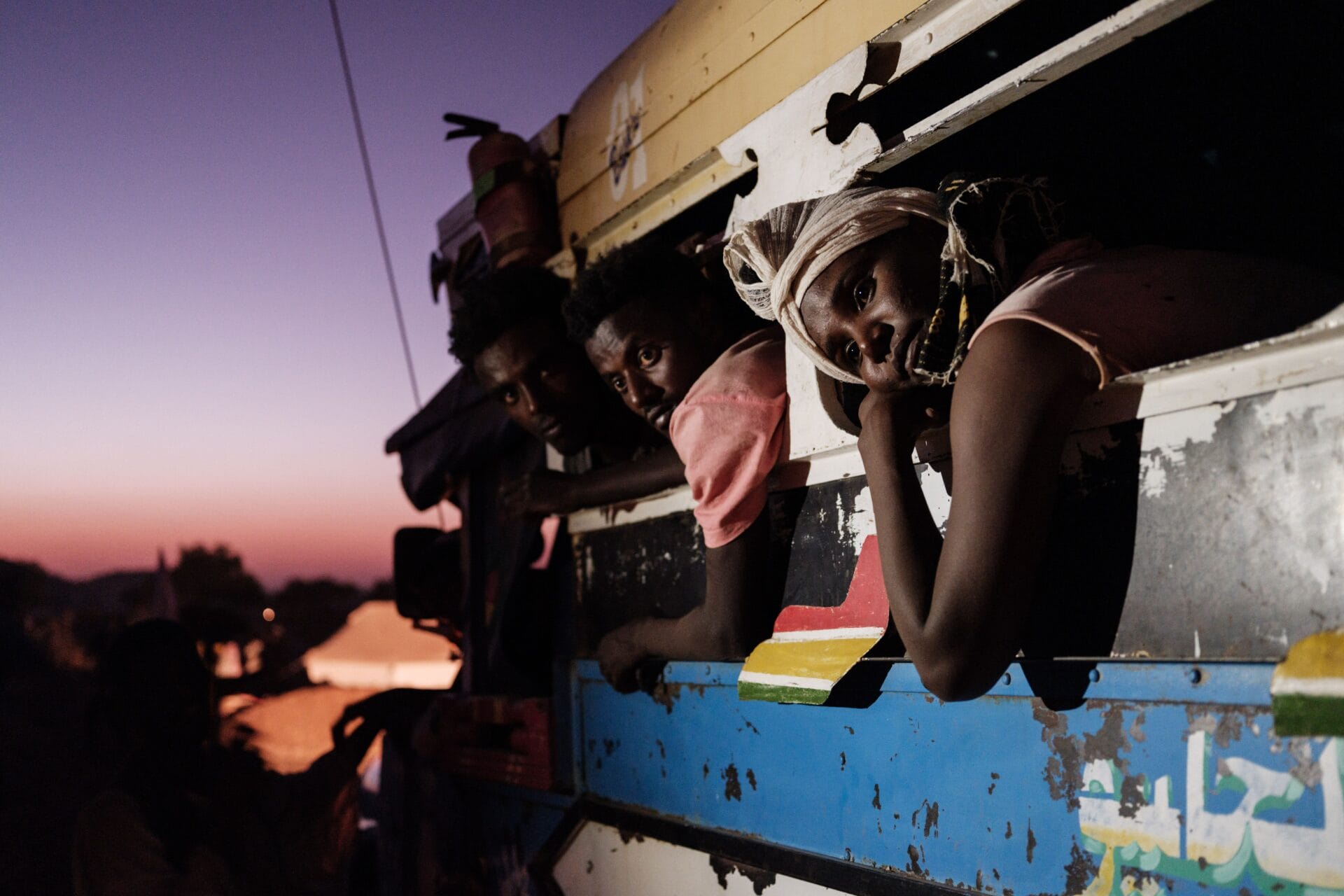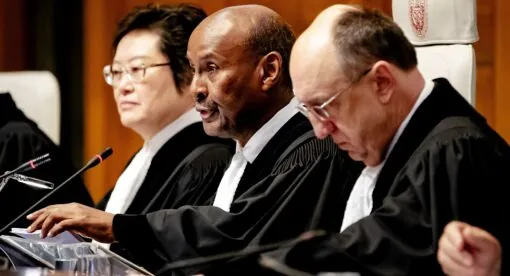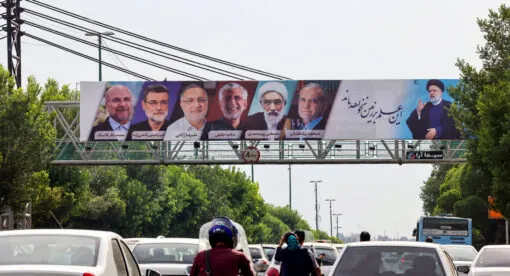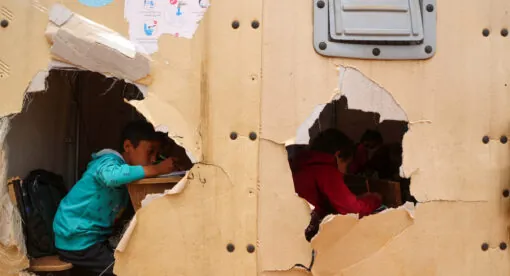Executive Summary
- There are multiple, widespread and credible independent reports that the conduct throughout Ethiopia of the federal Ethiopian National Defence Force (ENDF) on behalf of Ethiopia, Amhara regional armed forces and/or militia (Fano) and loyal groups, the Eritrean Defence Forces (EDF), as well as the Tigrayan People’s Liberation Front (TPLF), Tigray Defence Forces (TDF) and those loyal to them, have violated international humanitarian law and international human rights law.
- There is a reasonable basis to believe that such violations amount to the commission of war crimes and/or crimes against humanity. These include numerous examples of inhumane treatment, such as that prohibited under common article 3 of the Geneva Conventions, as well as violations of the requirements of distinction and proportionality in carrying out attacks. Correspondingly, the evidence suggests that Ethiopia has not made adequate efforts to discharge its obligation under customary international law—equally applicable in non-international armed conflicts—to investigate war crimes committed by its nationals or armed forces, or on its territory, and, as appropriate, to prosecute the suspected perpetrators.
- This report has considered in particular whether some or all of this conduct potentially amounts to genocide. This is significant because genocide not only occasions individual criminal responsibility, if proven, but also the duties and associated responsibilities of States notably under the Genocide Convention (of which Ethiopia was an original signatory and, from 1 July 1949, is a ratified State Party). Likewise, Ethiopia bears corresponding obligations under customary international law.
- This report concludes that, on the evidence currently available, there is a reasonable basis to believe that members of the ENDF, the Amhara Special Forces (“ASF”), and the EDF have committed genocide against Tigrayans.
- There is a reasonable basis to believe that at least some members of the ENDF or civilian officials associated with the Ethiopian federal government, the ASF or civilian officials associated with affiliated militias or the Amhara regional government, and the EDF possessed the intent to destroy Tigrayans as an ethnic group, in whole or in part, as such.
- With the intent described in this report, there is a reasonable basis to believe that EDF, ASF, and ENDF members carried out at least four acts constituting the crime of genocide: killing Tigrayans, causing serious bodily or mental harm, deliberately inflicting conditions of life upon Tigrayans calculated to bring about their destruction, and imposing measures intended to prevent births among Tigrayans.
- There is a reasonable basis to believe that at least some statements reportedly made on social media by certain individuals also met the requirements for direct and public incitement to genocide, and were again made with the requisite intent.
- While it may not necessarily be the case that there was a formal plan for any of this conduct to occur, or that senior officials were necessarily involved in these acts, this does not preclude the possibility that these acts may be attributed to Ethiopia, occasioning its responsibility as a State.
- Furthermore, even if the genocide took place at a ‘grass roots’ level, and irrespective whether it may be attributed to Ethiopia, there is in any event also a reasonable basis to believe that Ethiopia as a State failed to discharge its responsibility under international law to prevent such acts. This failure contributed to and perpetuated the situation of manifest and serious risk that acts of genocide would occur. Likewise, there is a reasonable basis to believe that Ethiopia has not discharged its responsibility to punish such acts.
- In any event, and notwithstanding questions of State responsibility, the individuals responsible for the serious acts described above may themselves bear criminal responsibility. Indeed, even if the conduct in question were considered not to meet the requirements of genocide, it is highly likely that it amounts to war crimes and/or crimes against humanity, including offences of particular gravity and breadth. These include persecution and other inhumane acts as crimes against humanity, and the war crime of starvation by depriving civilians of objects indispensable for their survival.
- 11. Accordingly, States should:
11.1. Recognize that there is at least a reasonable basis to believe that genocide and other related acts were committed in Ethiopia against Tigrayans, and that responsibility for these acts may be attributable to Ethiopia as a State; and
11.2. Recognize that, even if Ethiopia was not responsible for the genocide and other related acts, there is at least a reasonable basis to believe that it failed to prevent or punish such acts committed on its territory;
11.3. Conform their bilateral relations with States, including Ethiopia, to the state of affairs set out above
11.4. Take appropriate action in light of their own obligations under the Genocide Convention, including, as appropriate, instituting proceedings before the International Court of Justice under Article IX;
11.5. Take appropriate action in multilateral fora to secure an international, impartial, and independent criminal investigation of such acts by the International Criminal Court or any other suitable mechanism; and
11.6. Exercise universal jurisdiction, in accordance with applicable domestic law, over individuals implicated in the commission of genocide and other related acts, as well as other core international crimes such as crimes against humanity and war crimes.







